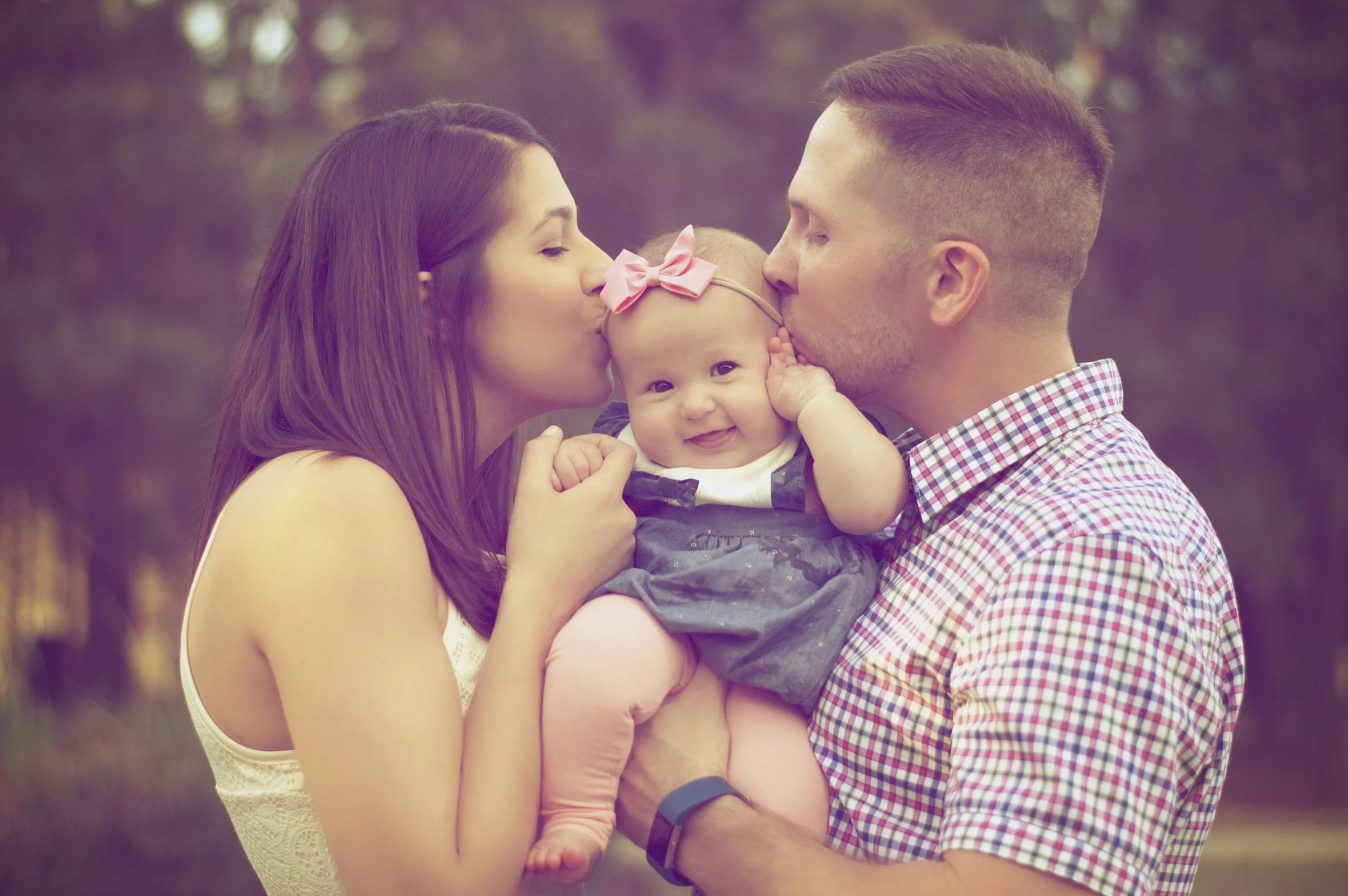What is a will?
A will is a document that sets out your intentions for what happens to your assets and personal effects after you die and can also name guardian/s for your children in the event you and your partner die. A valid will can be recognised by the Supreme Court as a valid will (referred to as being granted 'probate'), so that it can be administered to give effect to your intentions. Despite some peculiar and limited exceptions, there are strict formal requirements for a will to be recognised by the Supreme Court as a valid will and for probate to be granted.
Your will may not be able to deal with all of your assets and personal effects, such as:
assets you hold jointly with other people (see our article HERE regarding the difference between Joint Tenants and Tenants in Common);
superannuation; and
interests in certain family company and trust structures.
Having a lawyer assist you with the drafting of your will can help you understand how to effectively deal with all of your assets and personal effects.
I don’t have a Will, what happens when I die?
If you pass away without having a valid will in place:
your estate may be administered by someone you do not know or like (e.g. Public Trustee or an unfriendly relative);
your assets and personal effects will be distributed in accordance with the rules of intestacy (set rules set out in the Succession Act 1981 (Qld)); and
the guardian/s of your minor children may not be who you would like them to be.
Leaving your estate to be administered and distributed in this way may result in your intentions not being carried out, additional costs for your family, delay in administering the estate, legal challenges and hardship and stress for your family and/or children.
For example, your ex-spouse may be entitled to all of your estate, your surviving spouse and child may have to sell the family home so that the administrator can hold your child's interest in the estate, your unfriendly uncles and aunts may take all of your estate or one of your parents who didn't contribute to raising you may take a share of your estate.
Do I need a lawyer?
You may have heard of a “will kit” for you to fill in which can be obtained seemingly cheaply. However, a will kit assumes that your circumstances are simple and, on that basis, are not suitable for many people. For example, second marriages, blended and complex families such as children from different relationships and a desire to protect assets with testamentary trusts are not typically covered by will kits.
Further, if the strict technical formalities for completion of the will are not properly followed, a Court application is required to have the will held up as valid, which is likely to cost a significant amount of money (potentially many thousands of dollars). As the will is only 'tested' once you have passed away, any errors or issues will not become apparent until after you are dead and these issues may not be able to be fixed at all (and if they are, the cost of fixing them will be much higher than getting it right to start with).
When should I make and review my will?
Every person over 18 years of age (who is not intellectually disabled) should have a will prepared.
Even a basic will saves much expense and family stress in the event of a sudden (or anticipated) death – and is of great assistance to your family in a time of devastating grief and sadness.
You should consider updating your will if/when:
you get married or enter into another type of spousal relationship (particularly if there are children from previous relationships)
you separate, divorce or end a spousal relationship
children or grandchildren are born
your executor or a beneficiary dies
your financial circumstances significantly change.
Critically, your will is:
cancelled if you get married or enter a civil partnership; and
affected if you separate, divorce or end a civil partnership or de facto relationship.
What happens to my superannuation?
Superannuation is not automatically an asset of your estate when you die and its relationship with your estate can be complex.
You should seek legal advice about who will benefit from your superannuation when you pass away, and the possibility of having a “binding death benefit nomination” to make certain that your superannuation passes to the person/s you want.
How do I get a will?
The best way to get a will is to consult a lawyer who is experienced in preparing wills.
The cost of the will depends on how simple or complicated you or your circumstances require the will to be.
Broadly, there are three categories of wills:
a basic will (basic family structure, basic gift structure and basic assets, beneficiaries etc.);
a complex will (e.g. blended family structure, complex gift structure, complex assets, beneficiaries etc.);
a basic or complex will with testamentary trust/s (either of the above with the use of testamentary trusts as vehicles for part or all of the gift structure).
Speak to your lawyer before you instruct them to ensure you understand the costs involved.
Contact our experienced team today for assistance with drafting your will to protect your interests and secure your legacy. Check out our current special offer HERE.
Important Disclaimer: The material contained in this publication is of a general nature only and is based on the law as at the date of publication. It is not, nor is it intended to be, legal advice. If you wish to take any action based on the content of this publication, we recommend that you seek professional advice.


